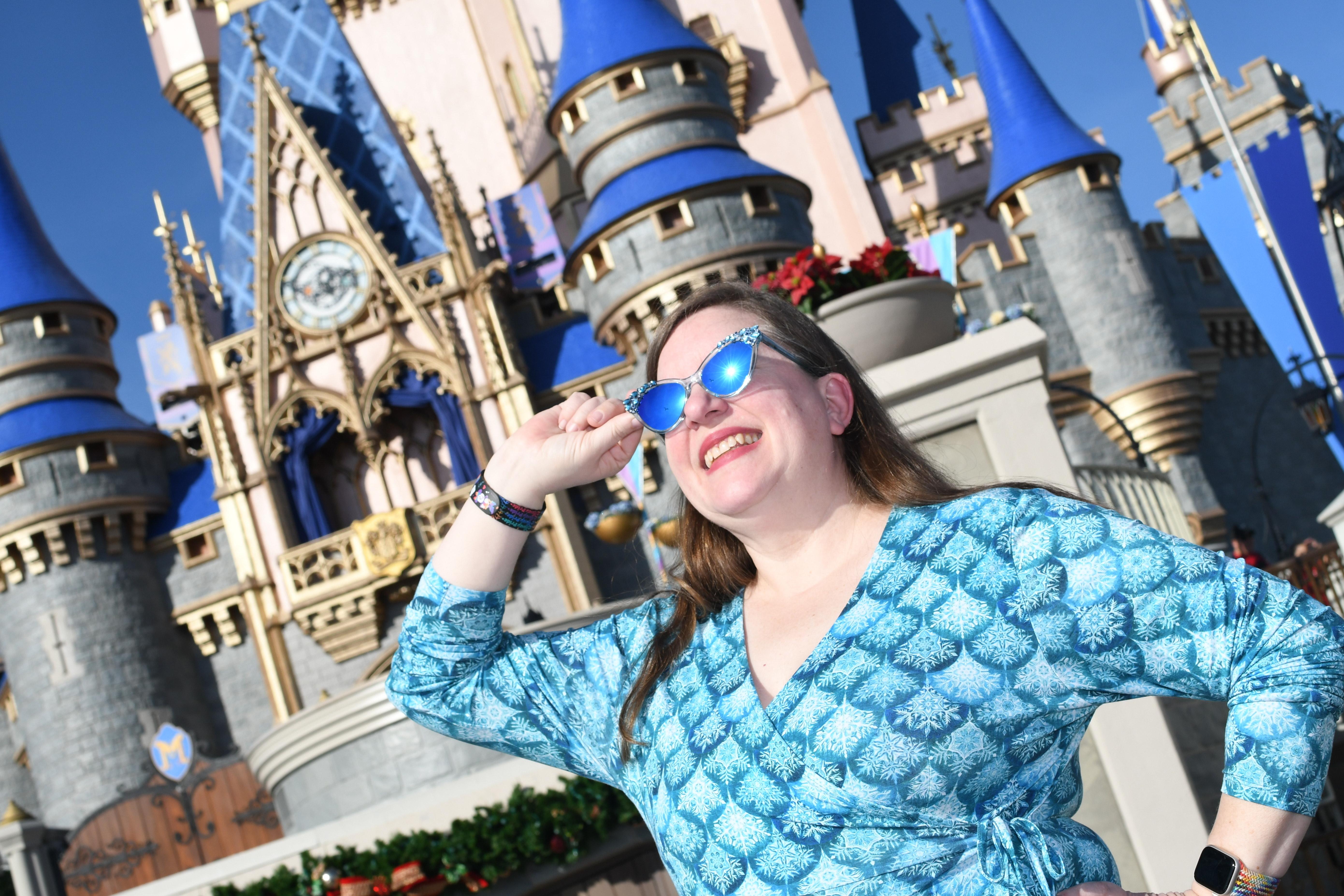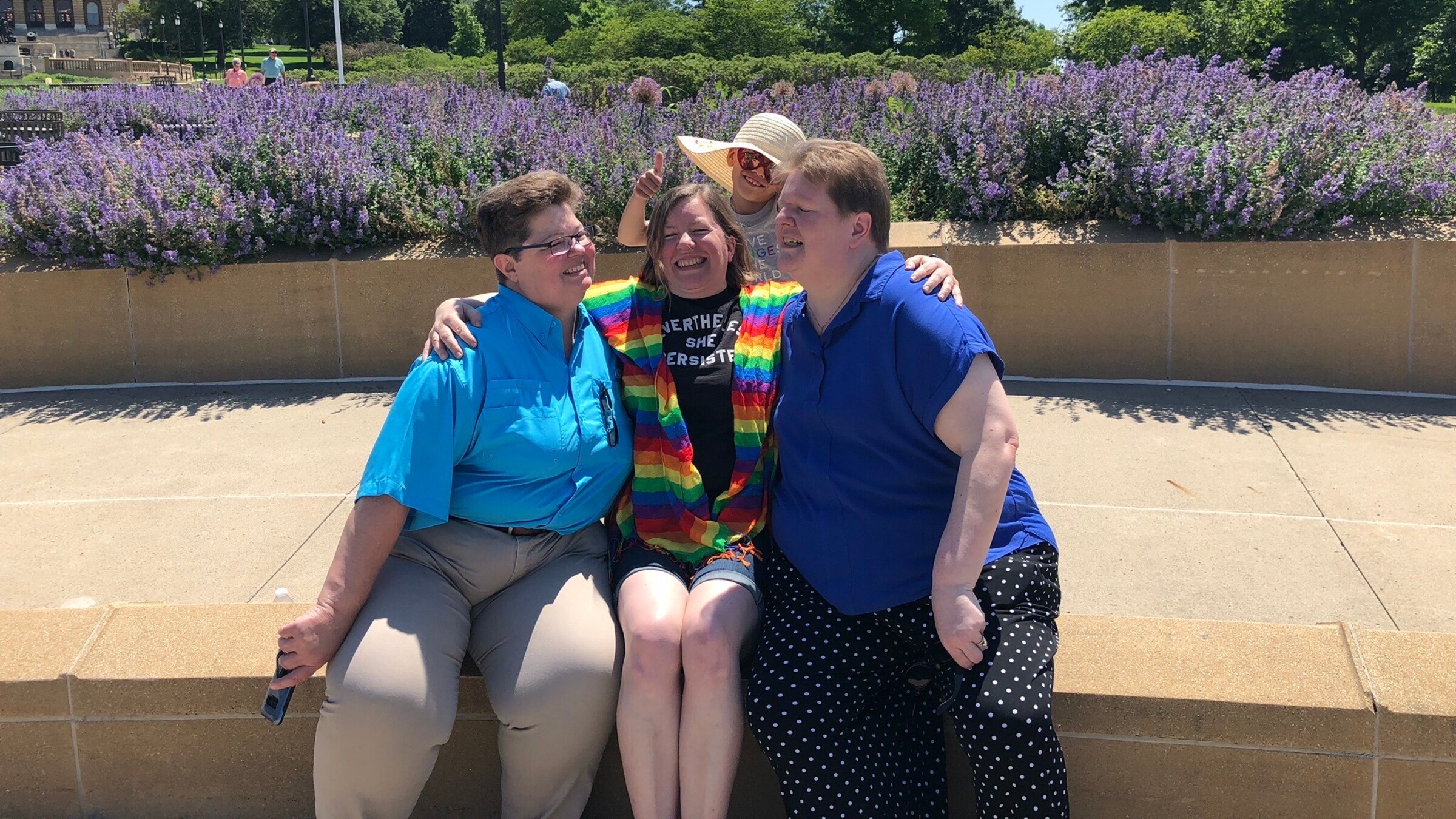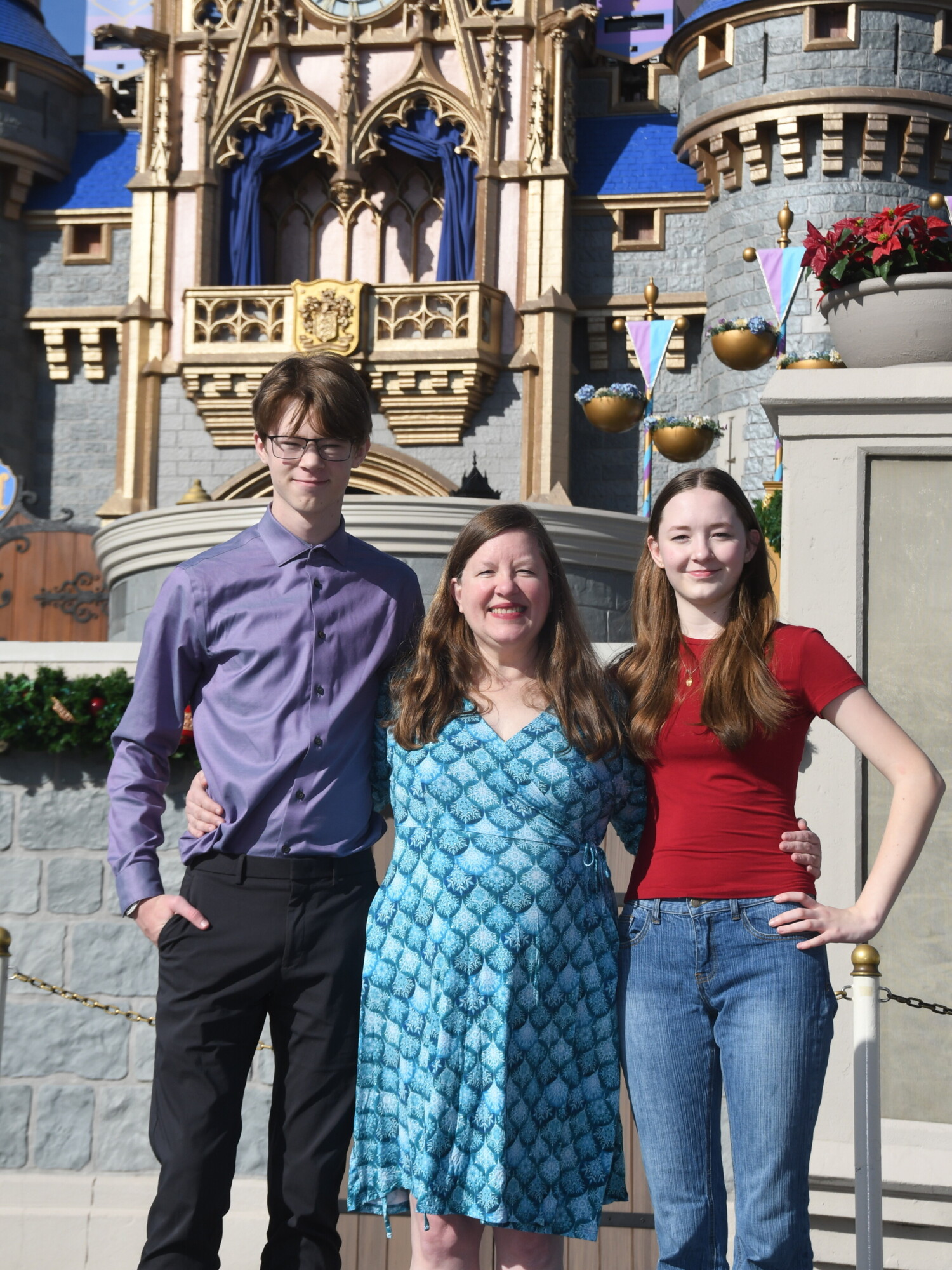
Liza Kessler: a lifetime of ambitious activism

For Liza, community has always been rooted in activism.
Elizabeth Kessler, who goes by the name Liza (pronounced like Lizzo with an A), was born on November 25th, 1969 in Milwaukee, Wisconsin. Liza grew up as a proud Milwaukee public school student before and during the city's school desegregation process in 1978, eventually graduating from Rufus King High School.
After spending her first year in undergrad at Reed College in Oregon, she then went on to study sociology and African-American studies at Smith College in Northampton, Massachusetts. After completing her undergraduate degree, Liza pursued a law degree at the University of Wisconsin, practicing law in Madison, Washington DC, and Atlanta, Georgia, before returning to Milwaukee during the late 2000s recession.
“While I did not graduate from Reed College, it was a very impactful experience for me. My best friend was Sarah Perrault. Sarah and I had hours and hours of conversations about the fact that it was really unfortunate that we weren’t lesbians -- because relationships with men were so frustrating."
"But nope, not us. We were interested in boys."
Liza’s father Fred Kessler was a Wisconsin State Representative and circuit court judge when she was growing up. He was one of the original sponsors of LGBT civil rights protection legislation in the state of Wisconsin. He had a good track record and Liza had high expectations of him, and of her mom, in regard to accepting her sexual identity. A family friend, Karin Long, provided a vital source of community and validation when Liza first came out to her parents.
“I knew some LGBTQ people in Milwaukee, and I think there is another person I need to thank. Karin was a friend of my parents’ and was the only person I knew who was out as lesbian. Karin was incredibly supportive. She was a big part of why I thought my parents would react just fine. My parents did come around and were supportive of me, it just took a little longer than I thought it would.”
Liza's involvement in activist circles, particularly around electing LGBTQ political candidates like Tammy Baldwin, also became an important part of her identity and sense of community. She fondly recalls the energy and commitment of the queer volunteers who poured in from across the country to support Baldwin's campaigns.
“I had never seen the level of volunteer excitement and commitment than when Tammy Baldwin was running for the U.S. House the first time.”
While Liza has not always felt fully seen or accepted within the larger LGBTQ community, which has at times been skeptical of bisexuality, she has worked to carve out spaces where she can openly embrace all facets of her identity. She's also working to create openness and support for that identity in the spaces she wanted to be.
She states that being seen, versus being seen accurately, are two very different experiences. While there have been some difficult times, Liza has worked hard to be comfortable with who she is and not allow aspects of her identity to be challenged.
“When I first met my ex-wife, many of her lesbian friends were like, don’t date the bi woman. She’s just gonna leave you for a man and break your heart. I have also had plenty of men respond to the discovery that I am bisexual with obnoxiously titillated responses.”
Despite these difficult experiences, Liza has not felt shaken and has been honest about her own identity.
“I came out to myself as bisexual, very clearly. I have sometimes used lesbian as a label for my identity. When I was married to my wife, “lesbian” was an easier label to use. It wasn’t that the label didn’t fit, it just didn’t always fit precisely [during her marriage to a woman]. My internal truth was always that I was bisexual. I was always honest with my wife.”
Liza feels it's important to use her relatively privileged position as a white, educated, professional, cisgendered woman to be out and to create space for others to be able to come out.
Liza and her now-ex wife married in a non-legal ceremony in 2003, shortly before same sex marriage became a national political issue. Liza always made a point of introducing her wife as her wife although it was not legally accurate, because “like hell will I make myself into a second-class citizen!”
Sometimes that made people uncomfortable in the moment, but 20 years later, Liza had those early instincts explicitly validated. In early 2024, former Milwaukee Mayor John Norquist told Liza that he remembered her introducing him to her wife back in 2003. He said that he had spent nearly a week thinking about the conversation and analyzing his own discomfort with it before recognizing his reaction as homophobic and in conflict with his values. Mayor Norquist thanked Liza for making him think and for paving the way for him to be accepting and supportive as others came out to him over the next 20 years.
Liza takes pride in using her unique experiences, such as navigating the complexities of filing taxes as part of a same-sex family before legally recognized marriage, to inform her current role as chair of the Wisconsin Tax Appeal Commission.
Most importantly, Liza finds great joy in the openness and freedom that her bisexuality affords her, allowing her to develop meaningful connections with people of all genders without limitation. She is heartened to see the growing acceptance and visibility of bisexuality, particularly among younger generations, and is grateful to have been part of building a vibrant bi community in Milwaukee by participating in the events and activities provided by Bi+ Pride Milwaukee.
“I would say that one thing that has recently made me very happy is having my son start college. When he was filling out his application for housing there was this little box he could tick, do I want to be in gender-inclusive housing or not? My son identifies as heterosexual and as a cis man, and he ticked yes to gender-inclusive housing. I gently interrogated him about his choice. It was clear that he was accepting of all genders and identities and he does not discriminate. That really brought me joy.”
Liza loves being part of the bisexual community and the larger LGBTQ community. When she sees other LGBTQ people find their way, and their freedom to be themselves, it brings her great confidence and happiness. She loves not being restricted by any set of rules that would prevent her from being friends with, falling in love with, or having a relationship with someone of any gender.
It's been a journey for Liza to accept and have confidence in her own identity but she's found deep personal satisfaction with herself, her public service, her activism and with her life.
"This is what being content looks like," said Liza.
 Liza Kessler with Trish & Kate Varnum of Varnum v. Brein (the Iowa same-sex marriage case.)
Liza Kessler with Trish & Kate Varnum of Varnum v. Brein (the Iowa same-sex marriage case.)
recent blog posts
December 16, 2025 | Michail Takach
December 01, 2025 | Dan Fons
December 01, 2025 | Garth Zimmermann
The concept for this web site was envisioned by Don Schwamb in 2003, and over the next 15 years, he was the sole researcher, programmer and primary contributor, bearing all costs for hosting the web site personally.




